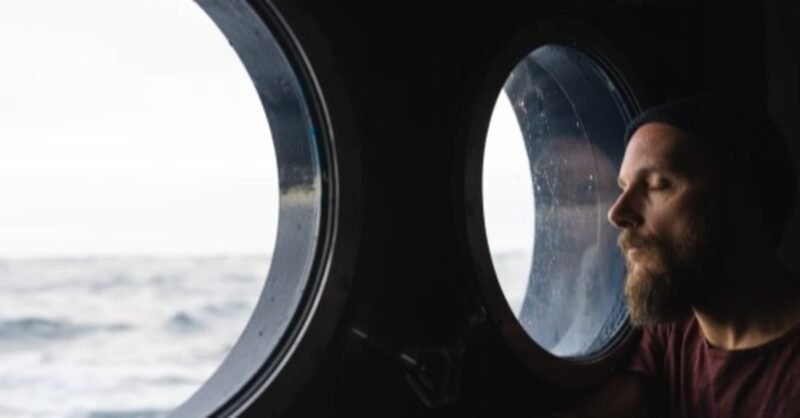A recent report from the World Maritime University, supported by the ITF Seafarers’ Trust, has shed light on the harsh working conditions and fatigue experienced by seafarers due to their employers’ practices. In an interview with seafarer welfare advocate Katie Higginbottom, the findings of the report were discussed, highlighting the challenges faced by seafarers in the industry.
The report, titled “Quantifying an Inconvenient Truth,” builds upon a previous study from 2021, revealing the extent to which shipping companies rely on seafarers working long hours, battling fatigue, and manipulating records to meet operational demands. Higginbottom emphasized the importance of addressing minimum safe manning and improving seafarer welfare, which has been a longstanding issue in the maritime sector.
The new report, based on surveys with over 9,000 responses, exposed alarming statistics such as seafarers working an average of 75 hours per week and lacking adequate rest periods. The findings underscore the urgent need for collaborative efforts among industry stakeholders to enforce existing regulations, improve working conditions, and prioritize seafarer well-being. As the industry faces recruitment challenges, addressing these issues becomes crucial for sustaining a healthy and sustainable maritime workforce.







